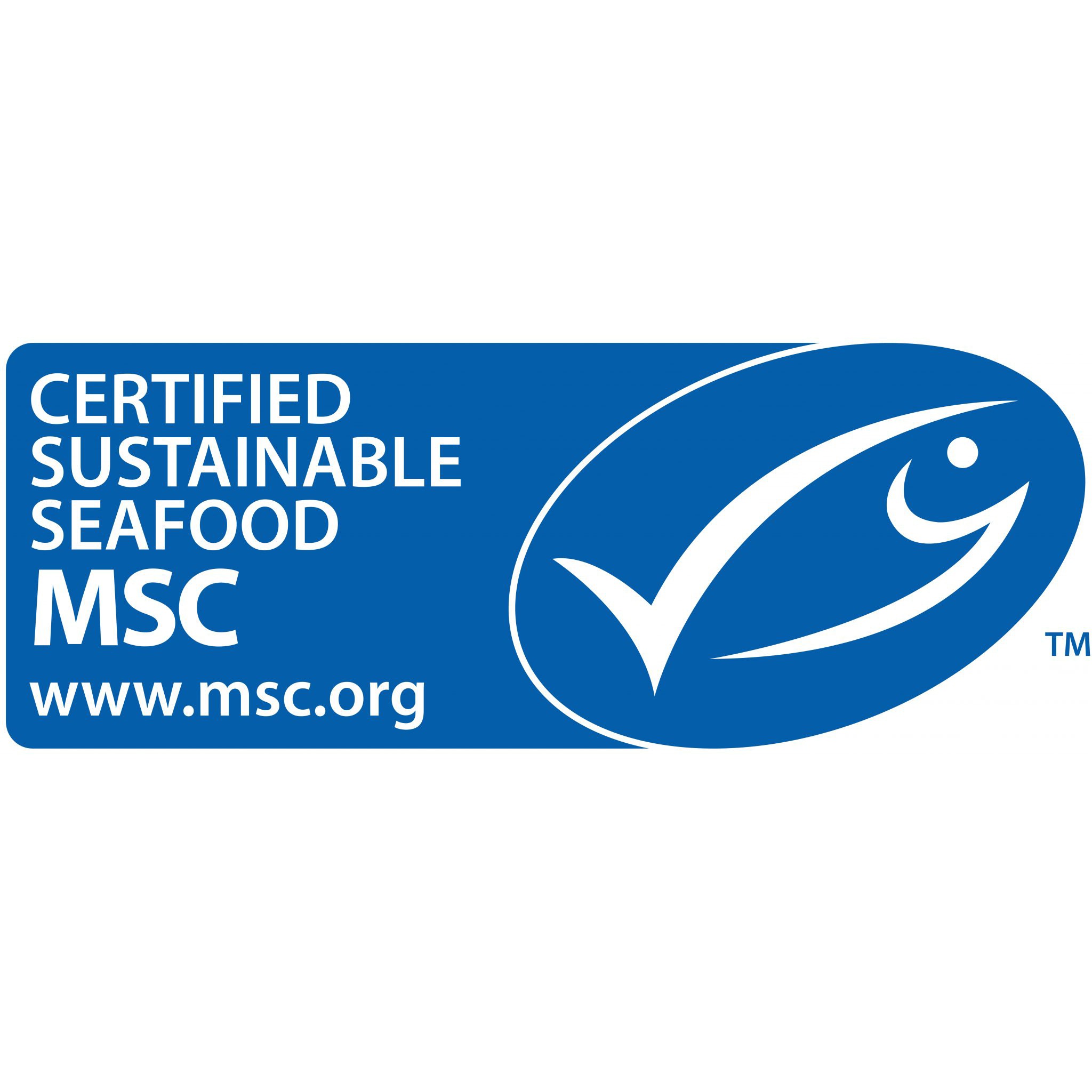 I am pleased to present the first in a new series of posts here at Southern Fried Science- reader mail. If a reader has a question for us, shoot us an e-mail with the subject “reader mail” and we may answer it for you on the blog. Our first questions are about my new shark conservation documentary:
I am pleased to present the first in a new series of posts here at Southern Fried Science- reader mail. If a reader has a question for us, shoot us an e-mail with the subject “reader mail” and we may answer it for you on the blog. Our first questions are about my new shark conservation documentary:
Hi,
While I was very impressed with your short and succinct YouTube video ‘Four things you need to know about sharks’, especially how it clearly shows the importance of sharks in marine ecosystems and how they influence populations of other species, I was quite confused and concerned at some of the comments toward the end of the video:
“Visit your local aquarium”
Sharks that are confined in small artificial tanks are of no value to any natural ecosystem. Aquariums are also of little educational value. People can learn a lot more about sharks through scuba diving, online media, documentaries (eg. Sharkwater), and other education campaigns. Visiting aquariums encourages the capture of more sharks and other marine animals from the wild and sends a clear signal that it is acceptable to exploit these amazing animals for any small economic benefit for humans.“Eat marine stewardship council certified sustainable seafood”
You even say yourself that it has lower bycatch rate than other fisheries. Why would you encourage people to consume any kind of seafood when bycatch is always an issue? Would it not be better simply to avoid any seafood whatsoever when we can live perfectly healthy lives without?I hope that you continue to educate widely about the importance of sharks, but hope that you can do this in such a way that encourages respect for all livings things and not just about the direct economic benefit they can bring to a few people.
Sincerely,
Chay Neal
Hi, Chay, and thanks for your comments!
I have always been a proud supporter of aquariums. I’ve often said that even if the lives of individual sharks may be worse in an an aquarium (debatable because of healthier diet, regular feedings, and expert medical care), sharks as a whole benefit because these captive animals are used to promote conservation and education.
“Sharks that are confined in small artificial tanks are of no value to any natural ecosystem.”
Sure, but removing a few sharks doesn’t really harm an ecosystem either. Overfishing of sharks hurts an ecosystem, and aquariums help stop that through conservation and education efforts.
“Aquariums are also of little educational value. People can learn a lot more about sharks through scuba diving, online media, documentaries (eg. Sharkwater), and other education campaigns”
As a volunteer at the South Carolina Aquarium, I’m going to have to disagree with the first part. We get a lot of school field trips, and these students learn a lot from their time with the aquarium’s dedicated volunteers and staff. Other visitors also learn a lot.
As for the second part… I’m not sure if I agree that you can learn more about an environment just by SCUBA diving in it. Sure, you can experience it more directly, but a real coral reef doesn’t have educational signs or regularly scheduled informational talks. If you dive with a good operator, they will probably teach you a lot about the environment, but there are a lot of operators that don’t do this at all. Also, just by looking at a coral reef with no context, you would never learn about problems like algal overgrowth, overfishing, coral disease, climate change, etc.
I think the average person can probably learn more about the ocean environment at a good aquarium than by diving with a bad SCUBA operation. Also, SCUBA diving isn’t for everyone- it’s very expensive, and many common medical conditions make it impossible.
Yes, people can learn a lot from documentaries and online media, but it requires that they look for it. Many children say things like “mommy, I want to go to the aquarium”, while few say “mommy, can we buy a shark conservation documentary?” Also, many documentaries aren’t really based on science… such as the one you bring up, Sharkwater. Many online resources have similar issues. Aquarium educational programs are usually made with the collaboration of professional scientists, and while there are some bad ones out there, my experience has usually been that the science is more accurate at an aquarium than it is on many documentaries.
As for your comments about seafood… sure, MSC sustainable seafood still has more of an impact on the environment than not fishing at all. This is hard to argue with. However, I think that we should think twice before demonizing and boycotting an industry that employs millions of people around the world and provides billions of the world’s poorest people with affordable source protein, particularly when there are other options. MSC sustainable seafood isn’t perfect, but it’s a heck of a lot better than unsustainable seafood.
I hope I’ve answered your questions, Chay. Feel free to comment on this post if you have any more (and that goes for all of our other readers as well).
Sincerely,
WhySharksMatter

The short answer is that if everyone who cares about ocean health stops buying seafood, then there will still be tons of people buying seafood, but no one forcing the industry towards sustainability.
The long answer can be found at Supply Side Conservation Redux
seafoods are great because they have lots of the mineral iodine which prevents goiter-“‘